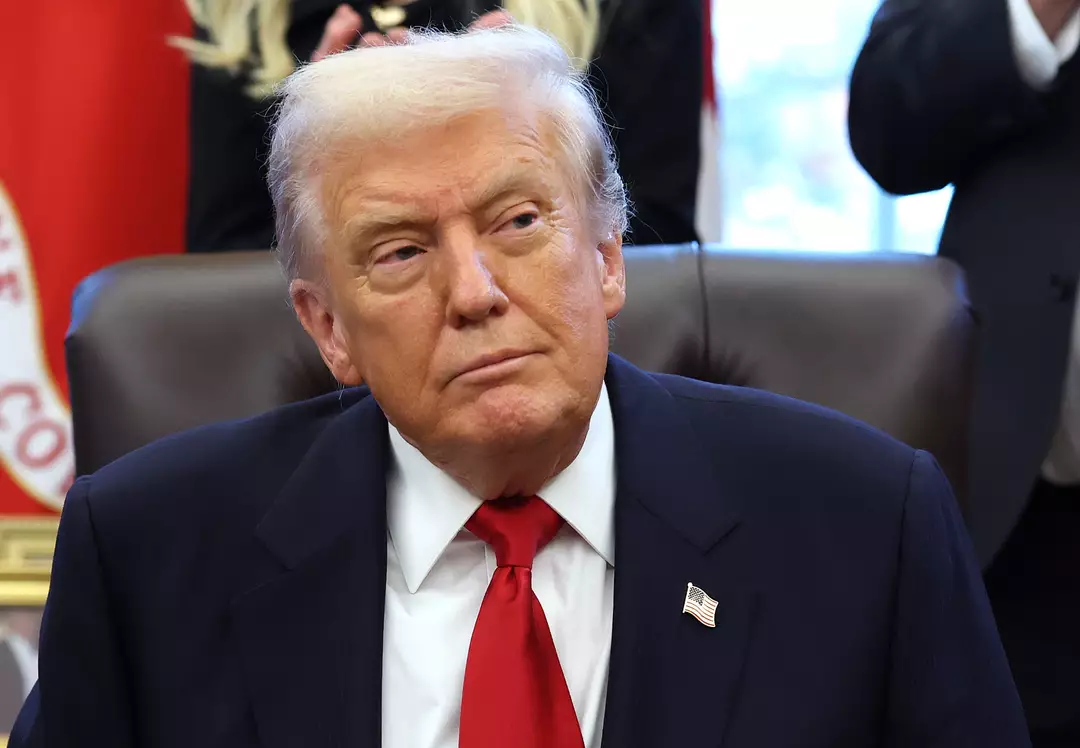Here is everything you need to know about Donald Trump’s ‘obesity ban’ as a new group of citizens could be refused entry to the US.
Before assuming office as the 47th President, Trump vowed to address immigration levels in the United States, primarily through the contentious Immigration and Customs Enforcement (ICE).
ICE’s methods have provoked numerous protests across the country, highlighting the division surrounding its operations.
Another strategy Trump is employing to curb immigration involves restricting entry for foreigners with specific medical conditions.
Trump’s State Department issued guidelines detailing the criteria for what some are calling the ‘obesity ban’.

The Centers for Disease Control and Prevention (CDC) reports that 40% of Americans are considered obese, which significantly raises the risk of Type-2 diabetes, hypertension, heart disease, certain cancers, and even stroke.
The Trump administration has now indicated that individuals with obesity might be denied immigrant visas to the US, along with those suffering from various conditions.
People with ‘cardiovascular diseases, respiratory diseases, cancers, diabetes, metabolic diseases, neurological diseases, and mental-health conditions’ may also find themselves unable to gain entry to the US.
According to the Mail, officials are instructed to inquire: “Does the applicant have adequate financial resources to cover the costs of such care over his entire expected lifespan without seeking public cash assistance or long-term institutionalization at government expense?”
While some might see the administration’s latest immigration plans as extreme, a spokesperson from the White House justified this approach.
Spokesperson Tommy Pigott told the Daily Mail: “It’s no secret the Trump administration is putting the interests of the American people first.
“This includes enforcing policies that ensure our immigration system is not a burden on the American taxpayer.”

Trump initiated measures to tighten visa entry almost immediately after taking office, but these new policies could make obtaining a visa even more challenging.
Adriana Cadena, executive director at Protecting Immigrant Families, criticized the policy as ‘dangerous’, stating it will affect immigrant families legally residing in the US who might be reapplying for a visa.
“Its reported breadth and secrecy drive confusion and concern that deter lawfully present immigrants and US citizens in immigrant families from getting help and care for which they qualify under federal law,” Cadena stated according to the Associated Press.
Immigration attorney Steven Heller highlighted the change in approach by the White House, indicating a shift in how immigration officers may now assess visa applications.
Previously, Haller noted that officers would treat applications with a favorable bias, but this may no longer be the case.
“The new guidance is about messaging,” he said. “They are being given clearance to use the ‘totality of the circumstances’ as a sword, rather than a shield.”
Requests for further comment have been directed to the White House.

